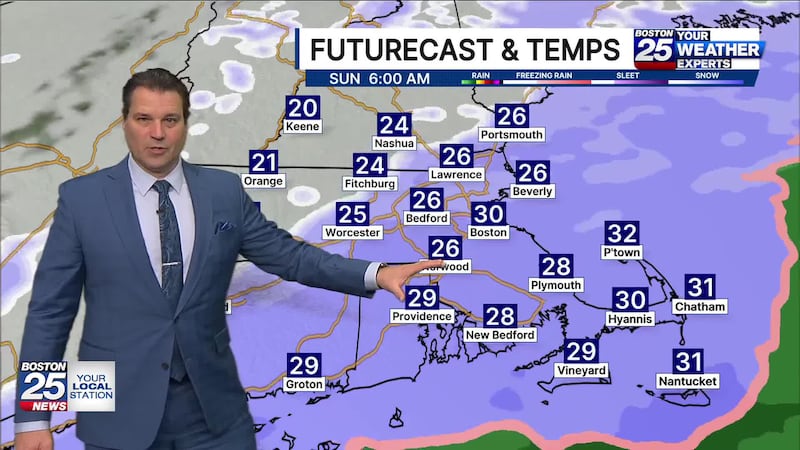Officiating, as usual, remains an issue in the NFL playoffs with multiple games producing more than their share of controversy.
Sunday's divisional round playoff game between the Ravens and Bills was no exception. A pair of first-half calls had fans and players from both teams up in arms.
The first questionable call took place in the first quarter with the game tied at 7-7. Buffalo had the ball near midfield, and Josh Allen found Curtis Samuel for an eight-yard gain on second-and-11. But officials whistled left tackle Dion Dawkins for a hold while blocking Ravens pass rusher David Ojabo.
Replay shows that Ojabo fell to the ground on the frozen turf in Buffalo and no evidence of a hold.
That's not a penalty pic.twitter.com/RVtUfuXSu4
— CJ Fogler 🫡 (@cjzero) January 20, 2025
Alas, the Bills were penalized 10 yards and faced second-and-21 at their own 43-yard line instead of third-and-3 at the Baltimore 39. They punted two downs later after failing to secure a first down. The game remained tied at 7-7.
Then, as the second quarter came to a close, the Bills benefited from another controversial call. This time, officials flagged Baltimore cornerback Tre'Davious White for pass interference on a pass to Keon Coleman. But it was White who got shoved to the ground on the play.
White had man-to-man coverage on the go route down the left sideline. The two were hand fighting as Allen's pass landed, and Coleman shoved White to the ground by his helmet. The pass fell incomplete.
This was called defensive pass interference even though it looks like Coleman pushes off pic.twitter.com/uaxTUpxiiV
— Rate the Refs (@Rate_the_Refs) January 20, 2025
With contact initiated by both players, officials could have could have deemed the play a no-call and moved on to the next down. Or they could have conceivably called offensive pass interference for the shove by Coleman. Finding defensive pass interference there is hard to explain.
But defensive pass interference was the call, and the Bills were granted a first down and an 18-yard gain to the Baltimore 12-yard line on the spot foul. A no-call would have brought up fourth-and-5 at the 30 and a potential potential 47-yard field goal attempt in dicey conditions from Justin Tucker. Instead, the Ravens scored a touchdown three plays later to extend their lead to 21-10.
If there's any solace, each team benefited from a controversial call. But better officiating all-around would be the biggest benefit to both teams.






